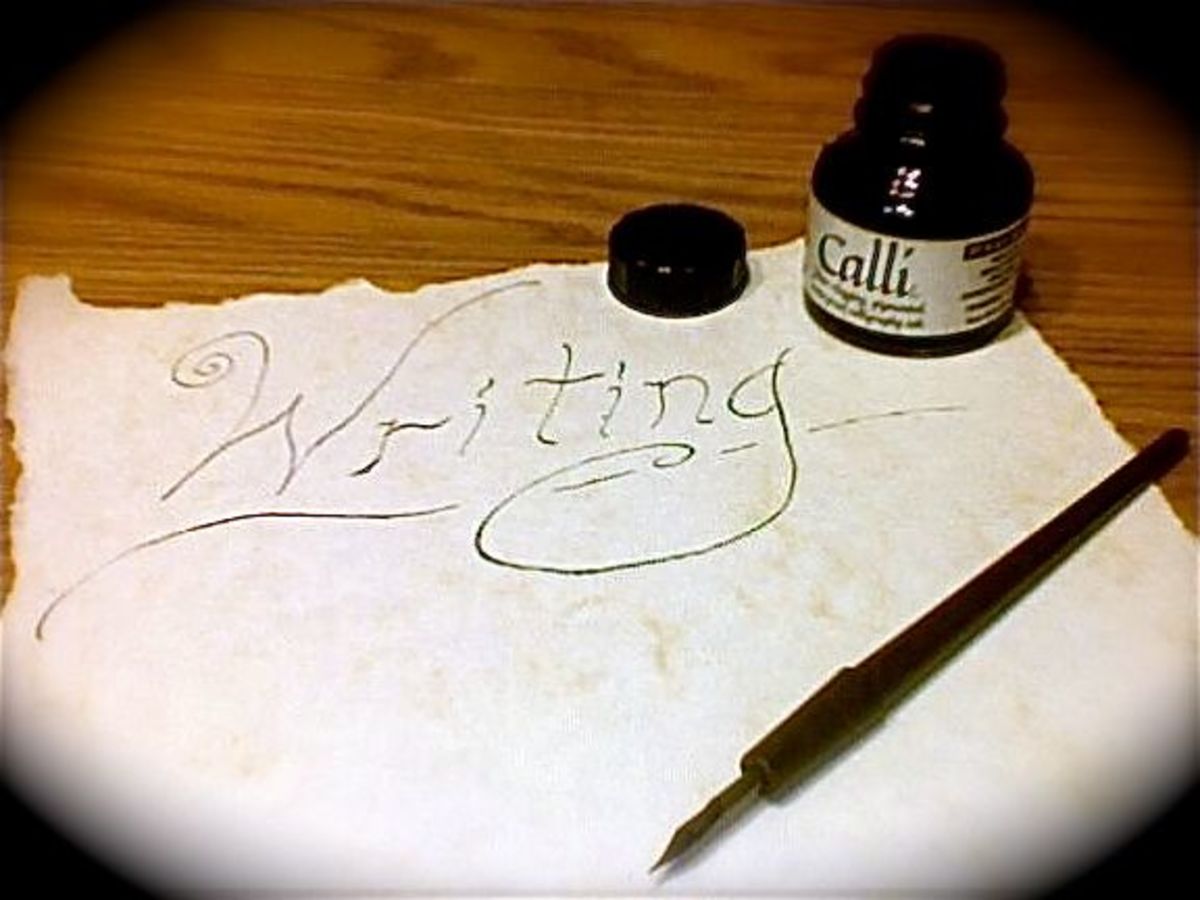How to Write Better Stories
It’s been said “The pen is mightier than the sword.” That may be true, but the sword also has a sharp cutting edge. Most skilled journalists have learned this the hard way.
Therefore, aspiring journalists, beware. You will have an enormous responsibility as a member of the fourth estate (the journalistic profession or its’ members). Subjects you write about will have a profound effect on your reading public. So be ready to take criticism as well as praise. No thin skinned individuals allowed here, because public criticism can get downright nasty.
In extreme cases physical retaliation has sometimes been a result of an overzealous writer’s carelessly written opinion. This isn’t to say don’t write the truth or your honest opinions. But write responsibly.
Avoid slander and libelous remarks that could bring the wrath of the righteous public down upon you. Also steer clear of using obscenities and foul mouthed language. That’s the fastest way to guarantee the masses will never read your material again.
Professional Journalists also know the world is full of critics. You’ve heard it said “everybody’s’ a critic”…a truer statement has never been uttered. You will be criticized. Every opinion has two sides, especially if your subject matter relates to politics, religion, current events or society. It’s vital to be knowledgeable about your subject and prepared to backup with facts what you publish. If you screw up someone WILL call you on it.
Facts aren’t as difficult to defend yourself against as quotes. Video has been a God send in this arena. Old-timers in the writing game can probably acquaint us with a few gruesome stories of people denying they said this or that. Lawsuits abounded against honest writers in earlier times.
Conscientious, responsible care should be taken not to ruffle anyone’s feathers unnecessarily. This holds true even if you aren’t a hard news writer. Your chosen field may be as a novelist, social commentator, editorialist or other category. You’re still at risk of ticking someone off.
Good writers always check their facts and never resort to name calling. Write what you want to say, but do it in an honest, straight forward and mature manner. Establishing yourself as a reliable, credible source of information is essential in the journalistic theater. Doing so will lessen the possibility of harsh, unwarranted attacks upon your character.
Following these simple tips will make your contributions to the written media more plausible and noteworthy. But guess what? You’ll still be criticized…it’s the price we pay.







